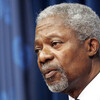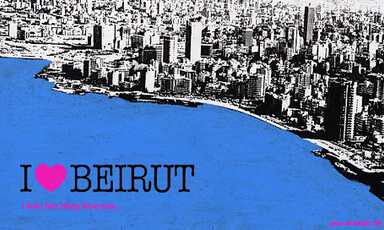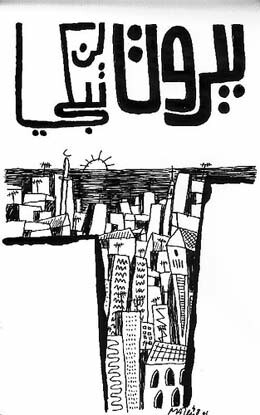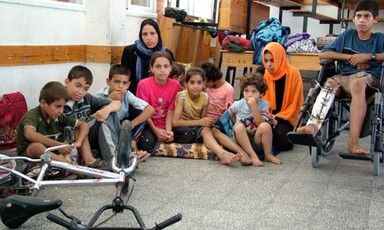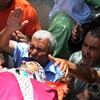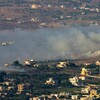
"Israel and Hezbollah must stop using the excuse of the other's misconduct for their own abuses"
10 August 2006
In its written statement submitted to the second special session of the Human Rights Council, Human Rights Watch states that the continuing toll of the conflict between Israel and Hezbollah is enormous and warrants the attention of this special session of the Human Rights Council: hundreds of civilians, many of them children, have been killed, essential infrastructure has been destroyed, and millions of lives have been disrupted. Serious violations of international humanitarian law (IHL) have been committed by both Israel and Hezbollah. Read more about "Israel and Hezbollah must stop using the excuse of the other's misconduct for their own abuses"

